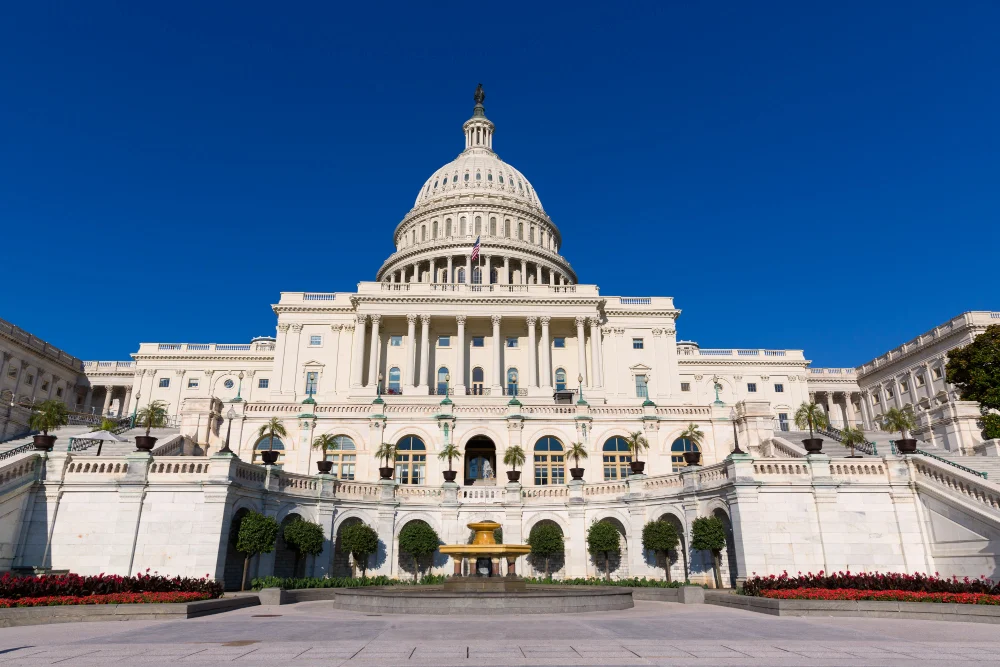Key Takeaways:
- Understanding the profound significance of Native American ancestry in one’s identity.
- Exploring various methods for genealogical research and acknowledging common challenges encountered.
- Addressing ethical considerations and fostering respectful engagement with Indigenous communities.
In a rapidly advancing technological world, many individuals are turning towards their past for a sense of grounding. There’s a certain allure to weaving together the scattered threads of one’s ancestral tapestry, a particularly fascinating and complex task involving Native American history. It’s a quest that connects individuals to the continent’s earliest narratives. This guide offers clarity and direction for those navigating their pursuit of Native American heritage, a path often filled with questions about identity, culture, and lineage. People seeking to understand the distinguishing features of Native American ancestry usually turn to resources that explore Native American ancestry physical traits, among other characteristics. There’s profound enlightenment in discovering the resilient stories of one’s forebears, and this newfound knowledge can profoundly affect an individual’s understanding of their identity.
Exploring one’s roots is not merely a nostalgic look back into history. For many, it’s a transformative journey that sharpens the sense of self and belonging. Pursuing Native American roots can reveal an inheritance of culture, resilience, and wisdom that survived against tremendous historical odds. Embarking on this journey necessitates a firm grasp of various methodologies—such as DNA testing, navigating tribal and federal records, and appreciating the value of oral histories. Recognizing the common challenges in genealogy research and the ethical considerations inherent to such an intimate endeavour is also essential. This guide aims to equip the reader with the information to carefully and respectfully unearth the legacy of their ancestors, thus fostering a better understanding of past generations that can be passed on to the future.
The History of Native American Tribes in the US
The intricate history of Native American tribes in the United States is a testament to the rich cultural diversity that predated European settlement. From the fishermen of the Pacific Northwest to the mound builders of the Mississippi River valleys, each tribe contributes a distinctive chapter to the nation’s narrative. These indigenous nations cultivated their traditions across the hills, plains, and deserts, establishing trade routes, village structures, and complex societal systems. Manifold tribes, each with its language and customs, frequently met challenges but consistently esteemed the interconnection of community, land, and spirituality.
Significance of Discovering Native American Heritage
Embarking on the quest to discover one’s Native American ancestry is a deeply personal and, often, spiritual journey. It is not merely about compiling dates and names but connecting with generations whose footsteps marked these lands long before modern maps were drawn. For many, identifying as Native American is deeply intertwined with their identity, providing a unique perspective of the diverse American tapestry. Within the vibrant threads of tribal affiliation lie stories of survival, wisdom handed down through the ages, and a profound connection to the environment. Such exploration can lead to personal revelations and the rectification of historical inaccuracies, acknowledging the rich and complex histories that textbooks often leave untold.
The Impact of DNA Testing on Ancestry Discovery
Technological advancements in DNA testing have added a scientific edge to the practice of genealogy. DNA tests can uncover the geographical origins and ancestral connections that elude traditional research by offering insights that transcend the written record. However, these tests are just one giant puzzle; they cannot specify an individual’s tribe or fully capture the depth of Native American heritage. Ethical issues often arise, as privacy concerns and the potential misuse of genetic data make some wary. Grounded in respect, genetic genealogy should complement, not replace, the historical records and oral histories that make ancestry research a genuinely enriching experience.
Navigating Federal and Tribal Records
Searching for genealogical information within federal and tribal records can sometimes feel like embarking on an expedition through a dense, uncharted wilderness. These records are vital for tracing Native American lineage and housing treasures of documentation like tribal enrollment lists, census data, and land allotment records. The aspiring genealogist must approach such resources with patience and an appreciation for their varying scopes and limitations. The National Archives stands out as an essential resource with its extensive compilations. It offers a wealth of information that, when navigated skillfully, yields invaluable insights into the lives and movements of ancestors.
The Role of Oral Histories and Traditional Knowledge
Oral traditions have long been the lifeblood of Native American cultures, transmitting essential knowledge and shared experiences from one generation to the next. The role of storytelling and the recounting of family and tribal history are of immeasurable value in genealogical research. These spoken memories are rich with details that may not be present in any written document, offering a deeply personal and nuanced view of one’s ancestry. Preserving and integrating oral histories into the broader context of genealogical research honours the voices of the past, ensuring they continue to echo into the future.
Ethical Considerations in Genealogy Research
A meticulous approach to genealogy is more than accuracy—it’s about conducting oneself with integrity and sensitivity. Acknowledging and respecting the right of indigenous communities to maintain control over their histories is paramount. Additionally, the quest for ancestral knowledge must be balanced with mindfulness towards privacy and the potential implications that revelations about one’s lineage can entail. Therefore, the researcher’s path must be navigated with an acute sense of ethics informed by understanding the broader cultural, social, and legal contexts.
Supporting Indigenous Communities Through Research
In the gathering and sharing of ancestral stories, there lies a power that extends beyond personal edification. Thoughtful and respectful genealogical research can amplify indigenous voices, contributing to the broader recognition of Native American histories and current realities. It is an opportunity to honour legacies while contributing to preserving and revitalizing indigenous cultures. Unity and mutual support between researchers and Native American communities can lead to meaningful partnerships that inspire cultural exchange, understanding, and collective growth.
Conclusion
This guide’s purpose is to light the way on your journey towards uncovering your Native American ancestry—each step taken in reverence of the histories and lives that form the fabric of your lineage. Whether your research leads you to walk on storied lands, engage with tribal elders, or pore over antique records, may it be an endeavour marked by respect for those who came before and hope for the legacies yet to unfold.

